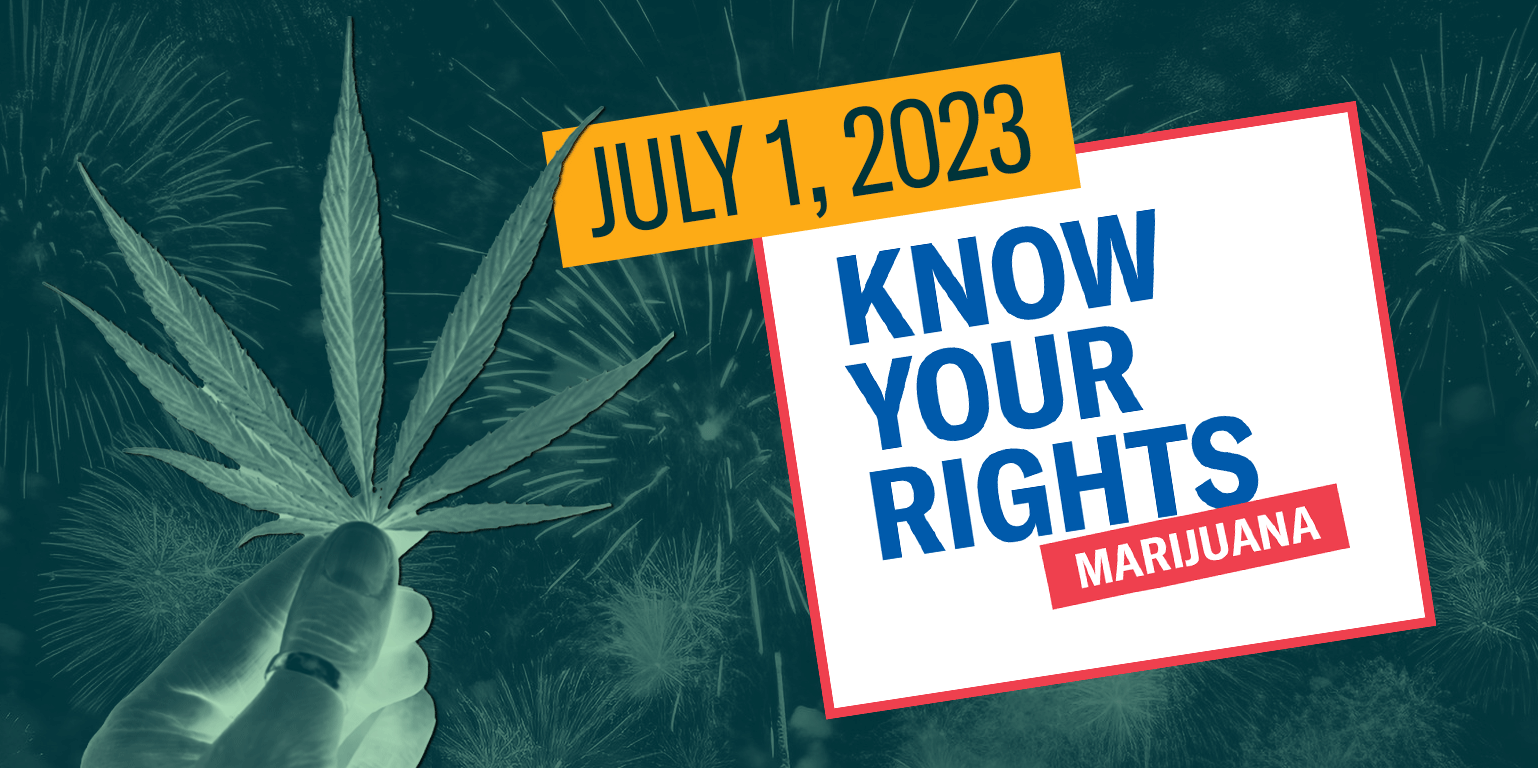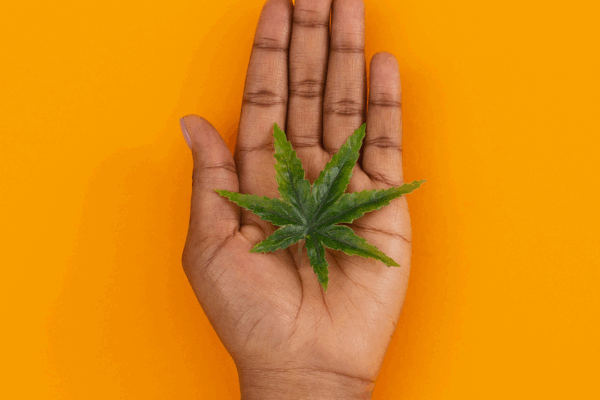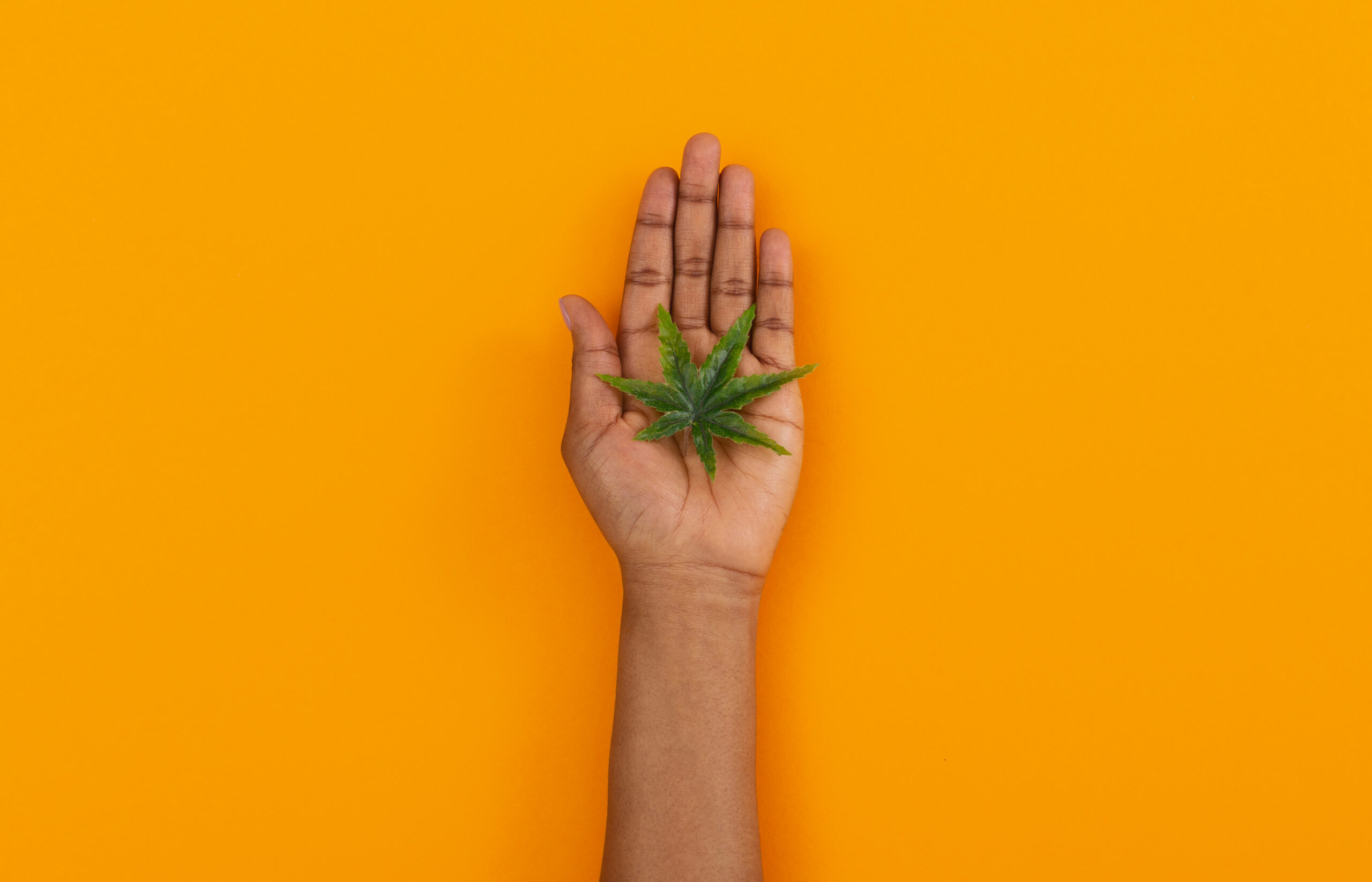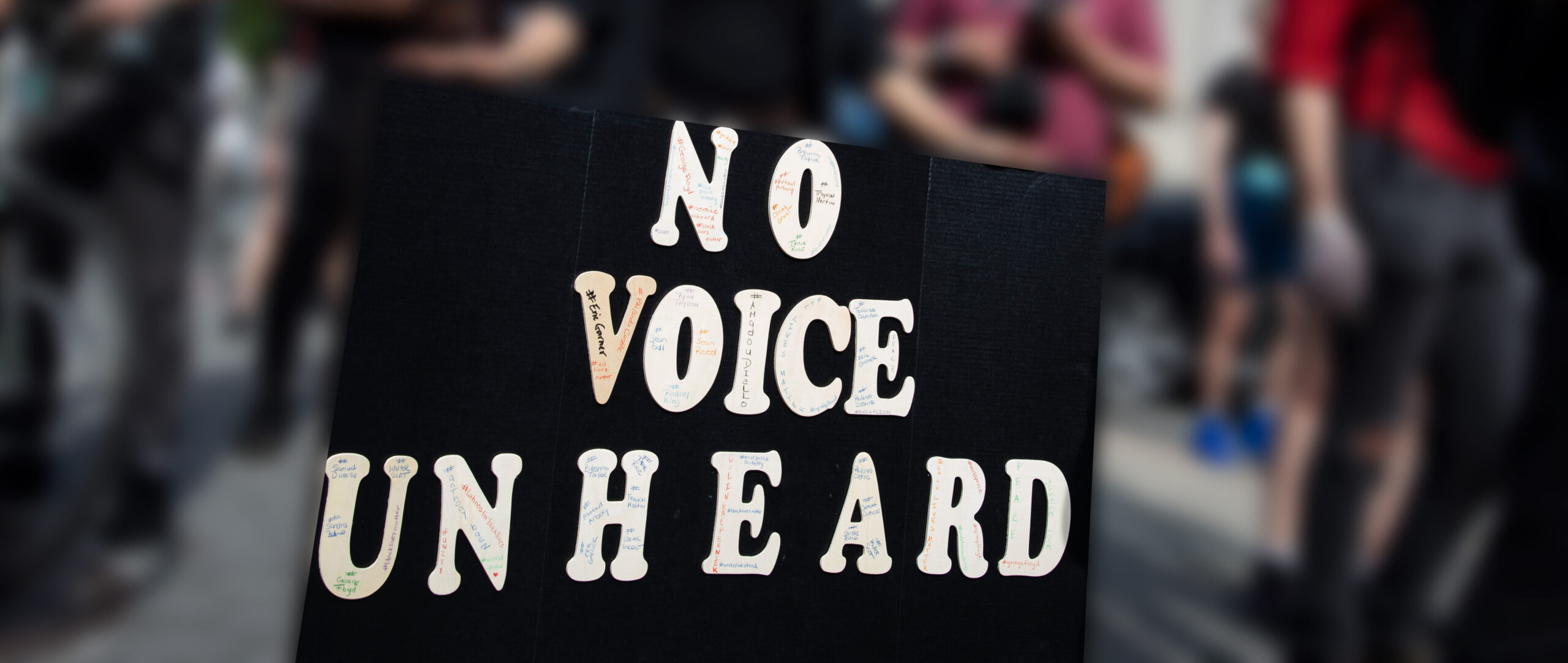
Recreational marijuana is legal in Maryland as of July 1, 2023.
Maryland legislators passed two bills to legalize marijuana during the 2022 Maryland General Assembly: HB 837 starts to address racially biased marijuana enforcement, and HB 1 was a ballot measure.
HB 837 does some pretty amazing things, like establishing a Community Reinvestment and Repair Fund to bring tax revenues directly to communities most impacted by the "war on marijuana," allowing expungement of records for possession with intent to distribute after three years, automatic expungement of records for simple possession of marijuana, allowing for up to two homegrown plants per household, and increasing the allowed personal amount from 10 grams to 1.5 ounces.
During the 2023 Maryland General Assembly, legislators passed HB 1071 / SB 51, a bill that prohibits a law enforcement officer from initiating a stop or a search of a person or motor vehicle based solely on the alleged smell of marijuana. The bill also explicitly includes the “exclusionary rule,” which bars any evidence obtained in violation of this statute from being admitted at trial. This rule will help deter law enforcement from conducting illegal stops and searches.
VIDEOS

Recreational marijuana is legal in Maryland as of July 1, 2023.
Maryland legislators passed two bills to legalize marijuana during the 2022 Maryland General Assembly: HB 837 starts to address racially biased marijuana enforcement, and HB 1 was a ballot measure.
HB 837 does some pretty amazing things, like establishing a Community Reinvestment and Repair Fund to bring tax revenues directly to communities most impacted by the "war on marijuana," allowing expungement of records for possession with intent to distribute after three years, automatic expungement of records for simple possession of marijuana, allowing for up to two homegrown plants per household, and increasing the allowed personal amount from 10 grams to 1.5 ounces.
During the 2023 Maryland General Assembly, legislators passed HB 1071 / SB 51, a bill that prohibits a law enforcement officer from initiating a stop or a search of a person or motor vehicle based solely on the alleged smell of marijuana. The bill also explicitly includes the “exclusionary rule,” which bars any evidence obtained in violation of this statute from being admitted at trial. This rule will help deter law enforcement from conducting illegal stops and searches.
VIDEOS
ADDITIONAL RESOURCES
Documents
Related Content

Can Marijuana and Racial Justice Coexist?
Stay Informed
Sign up to be the first to hear about how to take action.
By completing this form, I agree to receive occasional emails per the terms of the ACLU’s privacy statement.
By completing this form, I agree to receive occasional emails per the terms of the ACLU’s privacy statement.








